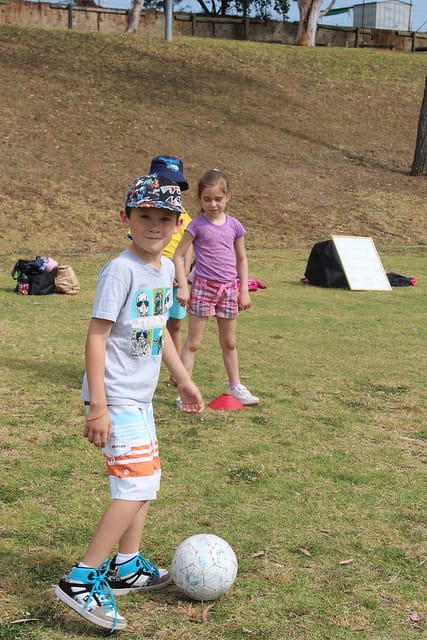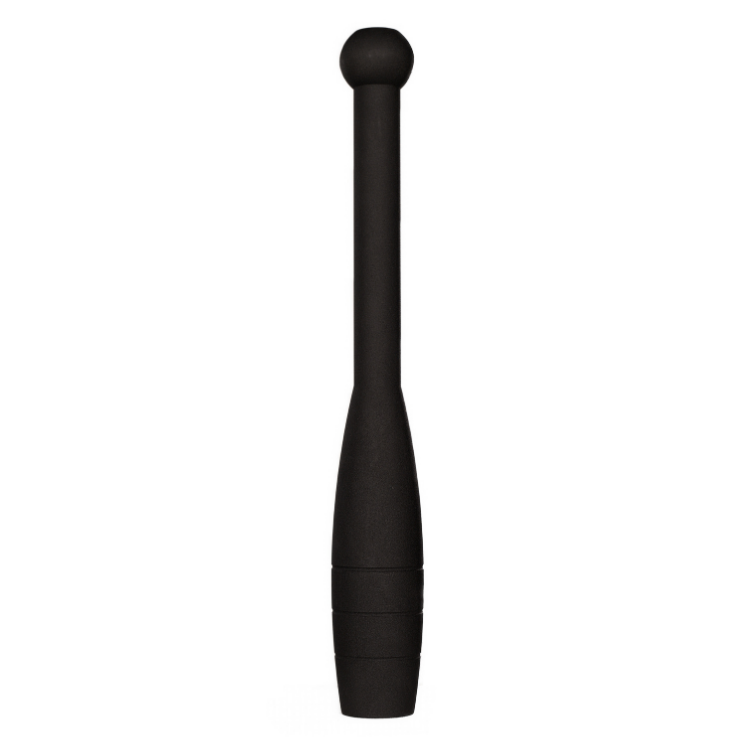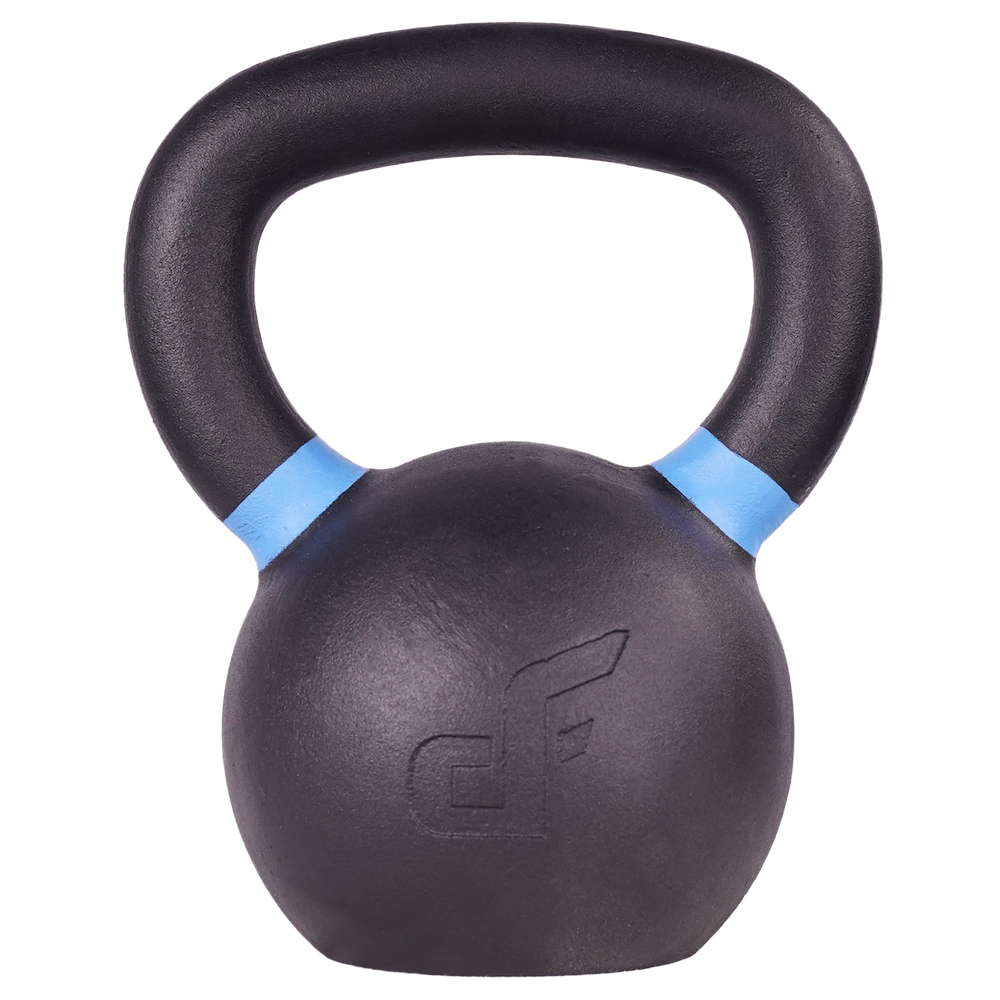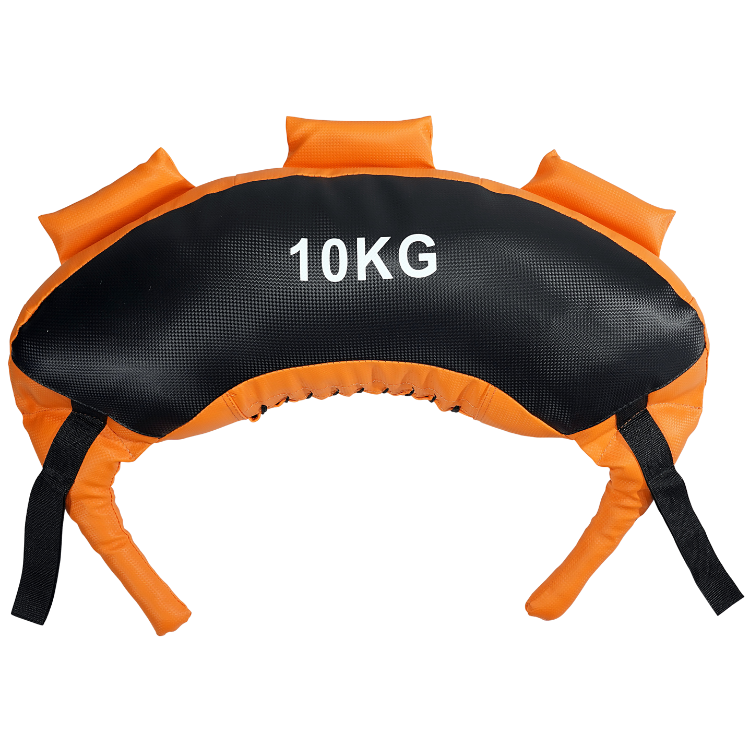Should Kids Get into Muscle-building Fitness?
In 2011, the media zoomed in on 11-year old CJ Senter who created a fitness DVD for children. It wasn’t so much that he was young or that he was promoting exercise over video games that got a lot of attention; it was his physique that created quite a stir.
The reaction elicited varied from compliments for his positive influence towards other children, while others questioned the safety oftoning up and building up of muscles for his age. One concern raised was that since CJ was only 11, his body had not fully developed yet and the six-pack abs that he was sporting just may be detrimental to his physical growth more than it had been beneficial for him.
CJ’s behavior towards exercise was also marked a possible red flag on compulsive behavior, it being unusual for a child his age.
Is there really a limit to how much a child can exercise? This creates confusion since obesity is a big problem among children now. How must we solve this health issue without going beyond the natural boundaries set?
For children, it appears that exercise is the best approach to handling obesity problems; pills and other means are not as acceptable for obvious reasons. However, it is important to note that an obese child’s body responds differently to physical activity from that of a normal weight child. With exercise, an obese child may experience a fall in blood pressure if not supervised properly. On the other hand, any child will develop better endurance, stronger muscles and denser bones because of it.
In an interview with “Nightline”,Beth Israel Medical Center,New York director of orthopedic and sports program, Dr. Robert Gotlin recommends about an hour for exercise for children. This hour would already include water breaks and variations of physical activities, not necessarily working out activities.
Here’s a video featuring CJ Senter on ABC News Nightline:
What’s really important is for the children to have fun and enjoy the physical activities that they are doing; they must not be forced or pressured into getting involved in something that they do not want to get involved in. Having said that, kids do need to get outdoors, run, climb, jump and play as any normal kid should do.
Being pushed into a sport or a fitness activity that the child has practically no interest in may produce minimal benefits and be damaging to his psychological and mental health.
Dangerously fit has a program for kids and teens we call Active-After-School. All our games and workout activities are overseen by our Personal Trainers who are Kids Fitness Experts certified and approved by Fitness Australia and Mini Moves. Our program includes activities that are proven fun, challenging and exciting for the young generation. Know more by clicking Kids Fitness Sydney.







